Lawn Weeds In Eastern North Carolina
Controlling weeds that have germinated and are growing along with applying products to prevent new ones common to the Raleigh area like Clover Creeping Charlie Dandelion and Thistle are an important aspect of this application. All Weeds Only Broadleaf Weeds Only Grassy Weeds Only Woody Weeds.

10 Common Lawn Weeds In North Carolina
Provides early spring green-up and good turf color late in the season.

Lawn weeds in eastern north carolina. To ensure weed suppression make sure to maintain lawns correctly. Your lawn will receive the proper nutrients to help develop a stronger plant after the chilly and North Carolina winter. Leaves alternate with sparse hair and are twice divided into narrow lobes.
Facelis Lawn Burweed Soliva sessilis Lawn Burweed is a low-growing freely branched winter annual. Ideal for spring or fall planting. They have calendars for bermudagrass centipedegrass St.
Best Grass Seed For Eastern North Carolina 2020 - Compare Best Grass Seed For Eastern North Carolina shopping results - Free Shipping to United States. Effective Weed Management The most effective weed management strategy is to maintain a thick and healthy lawn. Weed Identification Guides recommended for NC Weeds of Southern Turfgrass contains descriptions and.
States with warm season lawns include. To obtain a lawn care calendar for the type of grass you are growing or ask a question call the Extension Master Gardener Volunteers at 902-1705. Growing a lawn in eastern North Carolina can be a bit challenging so lets cover some of the basics.
The first step in any pest management program is to identify the pest. NSW WeedWise contains over 300 weed profiles describing. Best Grass Crowd Out.
South Carolina Georgia Alabama Mississippi Louisiana Florida California Arizona New. If you live in the South and Southwest you are most likely dealing with a warm season lawn. Cooperative Extension Center nearest you and ask an Extension Master Gardener Volunteer.
This minimizes sunlight from reaching the. Most of the time for a permanent lawn you should choose a warm season grass such as Bermuda Centipede St. When planting a new lawn you first want to choose the type of grass best suited for your situation.
Pampas Lily-of-the-valley Pampas Lily of the Valley Lily of the Valley Vine. Controlling weeds that have germinated and are growing along with applying products to prevent new ones common to the Fayetteville area like Clover Creeping Charlie Dandelion and Thistle are an important aspect of this application. In Tennessee and North Carolina and south into north Florida and west to Texas and Oklahoma.
Grows an all-around lush lawn under almost any conditions. Leave your name address telephone number. Managed by the State Urban Horticulture Specialist and Cooperative Extension Horticulture Agents throughout the state it is your doorway to guidance about successfully growing vegetables herbs fruits flowers and ornamentals in your landscape.
Unlike warm-season grasses cool-season grasses remain green throughout most of the winter. 30 rows Lawn burrweed Soliva sessilis also known as spurweed is a very low. The Gardening Portal at NC State University provides access to a wealth of information events and resources for gardeners in North Carolina.
Warm season grasses thrive in warm humid and warm arid areas of the country where the temperatures stay around 85 to 90 degrees during the majority of the growing season. Tall fescue Kentucky bluegrass perennial ryegrass and fine fescuessuch as creeping red chewings and hardare cool-season perennial grasses used for lawns mostly in the mountain and piedmont regions of North Carolina. Your lawn will receive the proper nutrients to help develop a stronger plant after the cold and North Carolina winter.
Fig Buttercup not classified as noxious but invasive throughout NC EMGVs Durham County Blog Post If you need help identifying a weed contact the NC. Control including registered herbicide options Biosecurity duty under the Biosecurity Act 2015. Weed management decisions are predicated on an understanding of the weed its life cycle and modes of reproduction and spread.
Mintweed Mint Weed Lanceleaf Sage Lance-leaf Sage Narrow-leaf Sage Narrow-leafed Sage Wild Mint Blue Salvia. Creeping Knapweed Russian Knapweed Hardheads Hardhead Thistle Blueweed Blue Weed Russian Centaurea Russian Thistle. Below are several weed identification guides recommended for North Carolina.

Broadleaf Weeds Home Garden Information Center

How Can I Control Weeds And Disease In My Centipede Grass Lawn In South Carolina Sodbusters
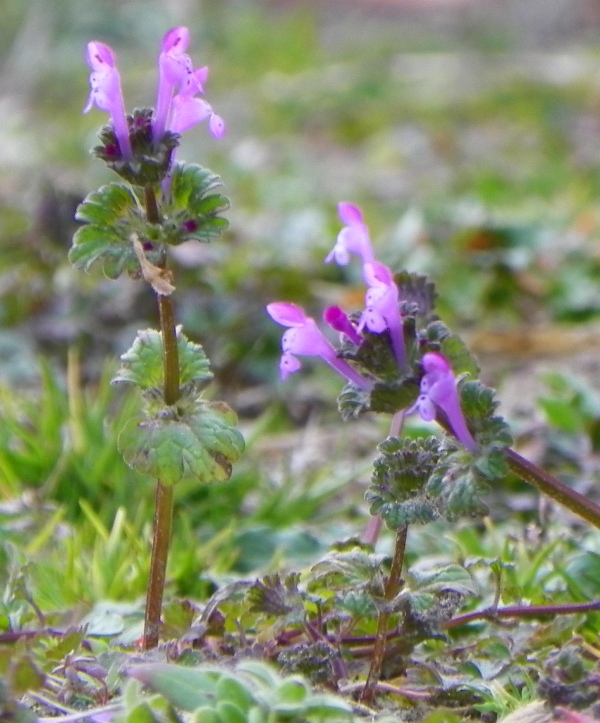
Controlling Winter Lawn Weeds North Carolina Cooperative Extension
Raleigh S Worst Weeds And How To Get Rid Of Them Wikilawn

10 Common Lawn Weeds In North Carolina

10 Common Lawn Weeds In North Carolina
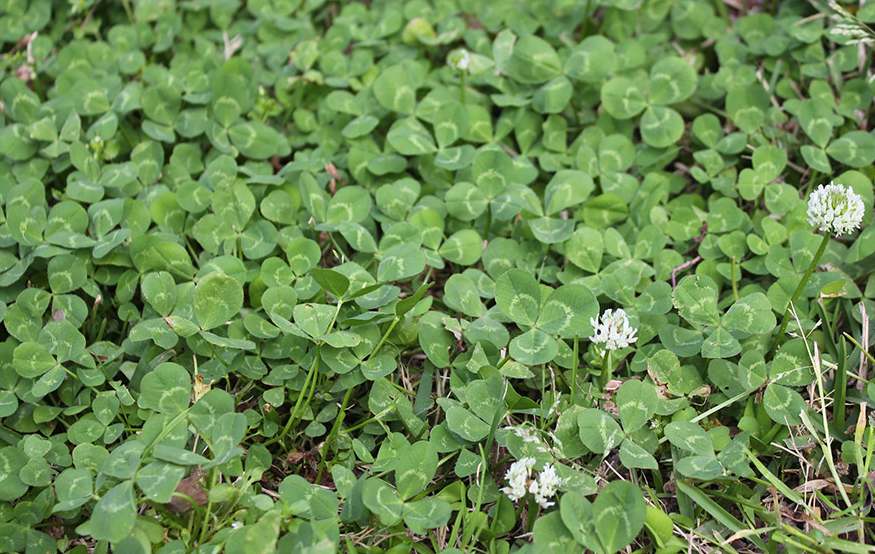
Read Your Weeds Identify Them To Learn About Your Lawn S Health Lawnstarter

Broadleaf Weeds Home Garden Information Center

Broadleaf Weeds Home Garden Information Center
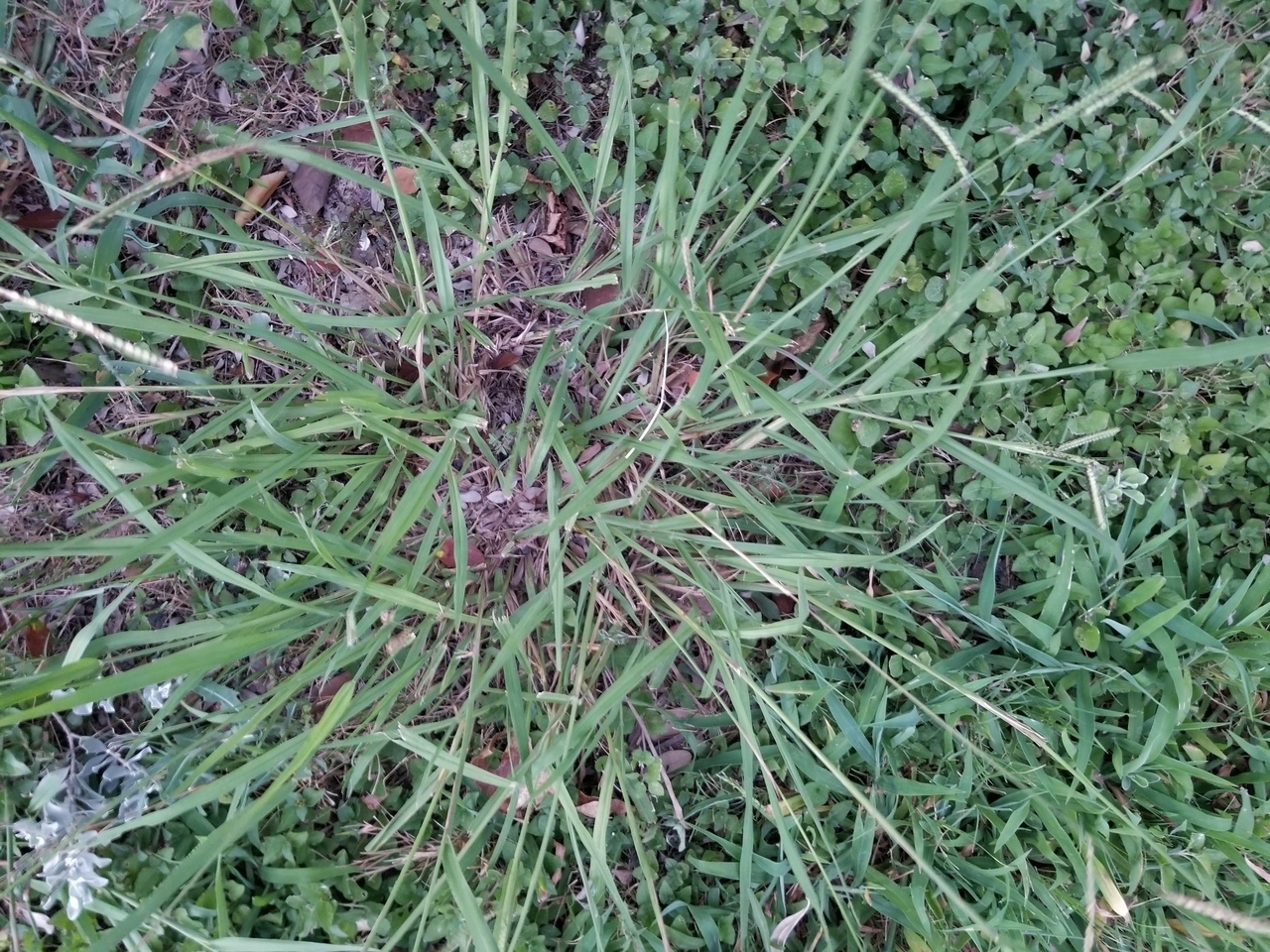
Read Your Weeds Identify Them To Learn About Your Lawn S Health Lawnstarter

10 Common Lawn Weeds In North Carolina

Raleigh S Worst Weeds And How To Get Rid Of Them Wikilawn
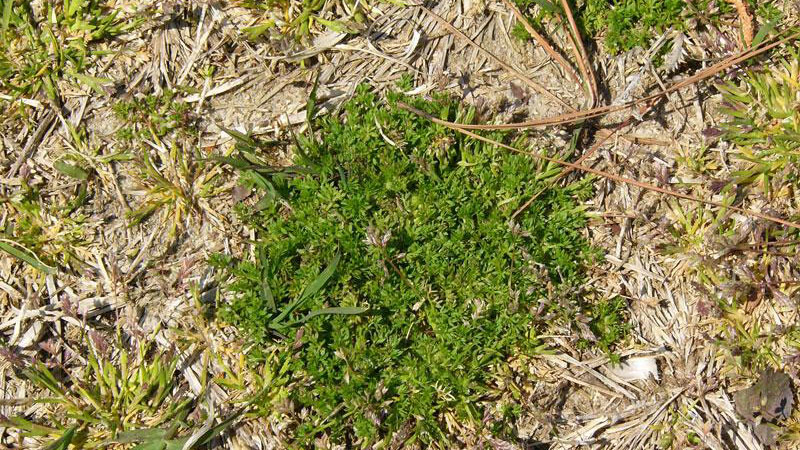
Lawn Burrweed Nc State Extension Publications
Raleigh S Worst Weeds And How To Get Rid Of Them Wikilawn

10 Common Lawn Weeds In North Carolina

10 Common Lawn Weeds In North Carolina
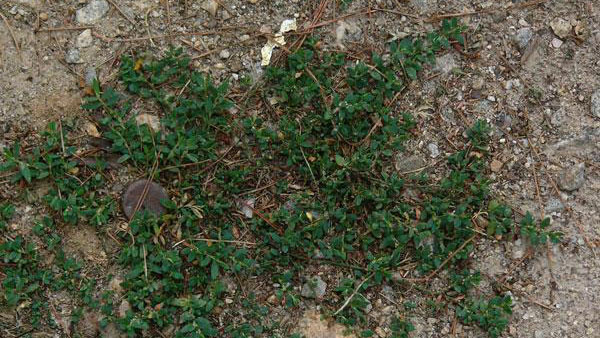
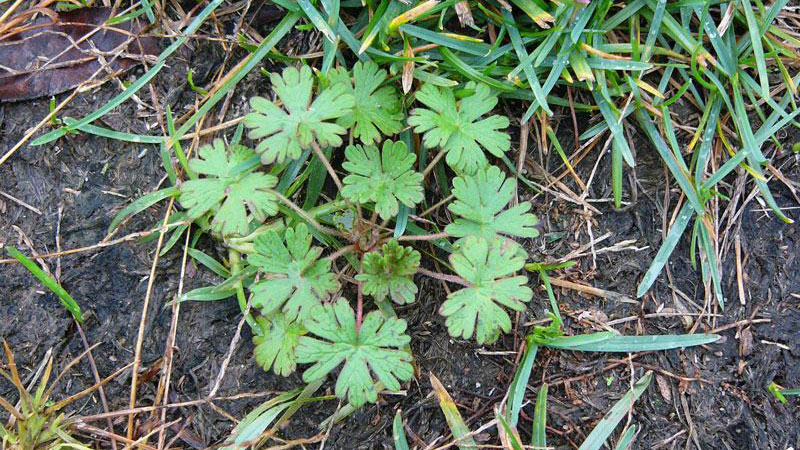
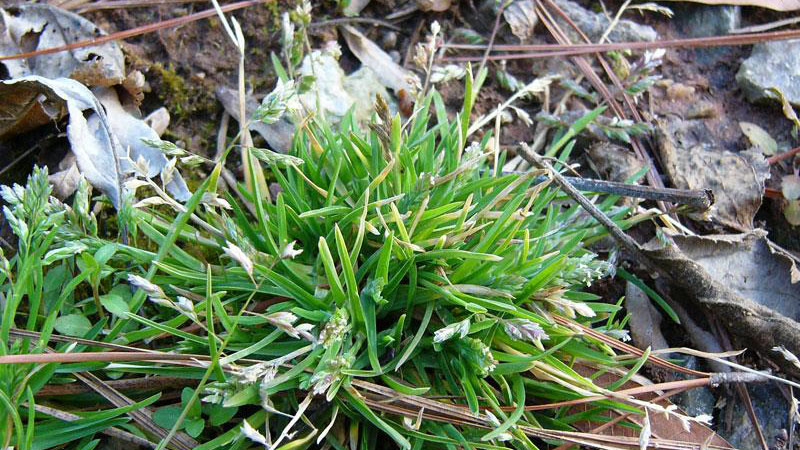
Post a Comment for "Lawn Weeds In Eastern North Carolina"